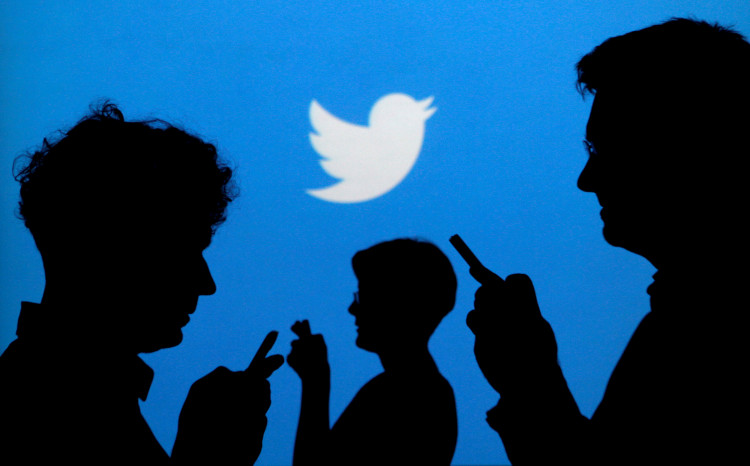Twitter confirmed that some of its Android users' private tweets have been leaked because of a bug. This issue has been disclosed by the social media network on Friday, Jan. 18.
Who are affected?
According to the company, the affected users are those Android users who made certain account changes while the "Protect your Tweets" option was turned on. If a user had changed their account email address, the "Protect your Tweets" setting was disabled. Some of the leaked tweets were tweeted five years ago.
The social media company alerted its users and they "turned the setting back on for them."
This is not the first for Twitter to face a data privacy issue. According to Engadget, the social network has been facing heat from Ireland's Data Protection Commission for failing to fulfill a request to provide tracking data collected through the company's link shortening service t.co. In 2017, a group of security researchers discovered a way to post unauthorized tweets via text messaging in the UK.
Twitter is not the only company that has an issue when it comes to a security bug. In the latest news from Express UK, a freeware and messaging app, WhatsApp, has a security bug that allows other users to access each other's messages. Does it mean strangers are capable to read your private WhatsApp chats?
This issue has been brought up by a WhatsApp user Abby Fuller. Fuller took Twitter to raise her concern about the security of the messaging app.
"this doesn't seem right," Fuller tweeted.
"Logged into WhatsApp with a new phone number today and the message history from the previous number's owner was right there?!," she added.
Her post has quickly gone viral. Tons of her fellow WhatsApp users bombarded her with lots of questions as they are worried about their privacy.
In a thread, she confirmed she used a new device when she logged in to WhatsApp. She said the device is not a second hand nor her sim. She said she's sure that the message on the device are not hers.
According to the source, the bug may be an isolated incident. As of now, no one else has complained about a similar issue.
We’ve become aware of and fixed an issue where the “Protect your Tweets” setting was disabled on Twitter for Android. Those affected have been alerted and we’ve turned the setting back on for them. More here: https://t.co/0qM5B1S393 — Twitter Support (@TwitterSupport) January 17, 2019






